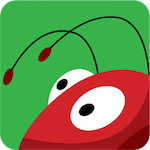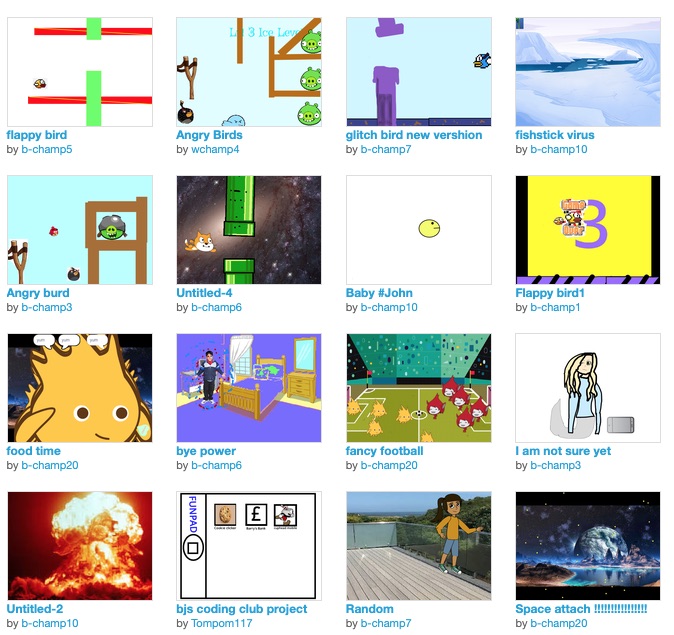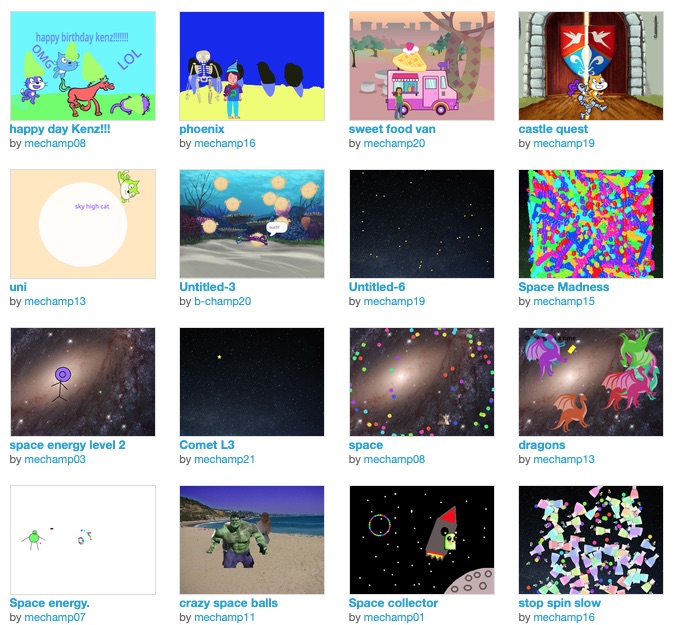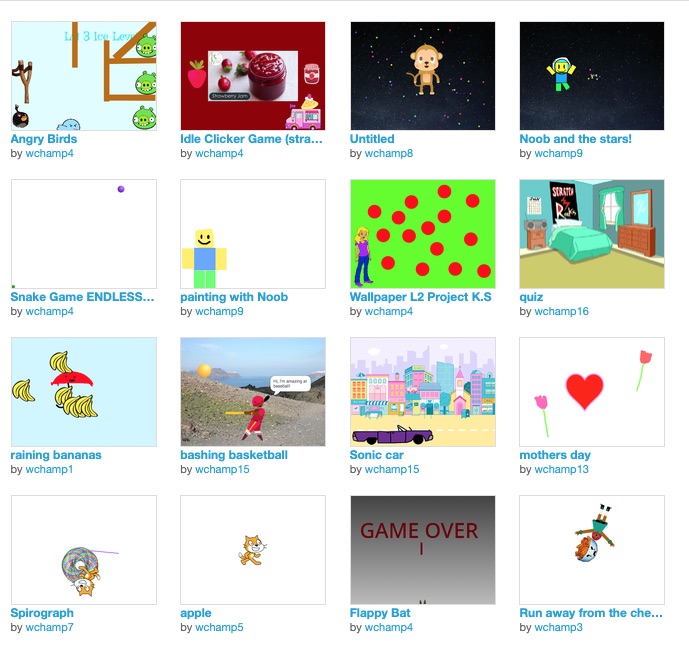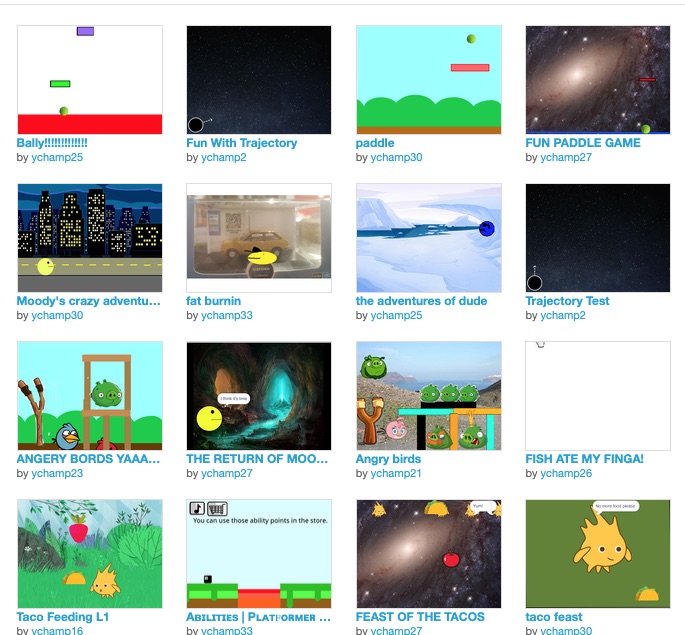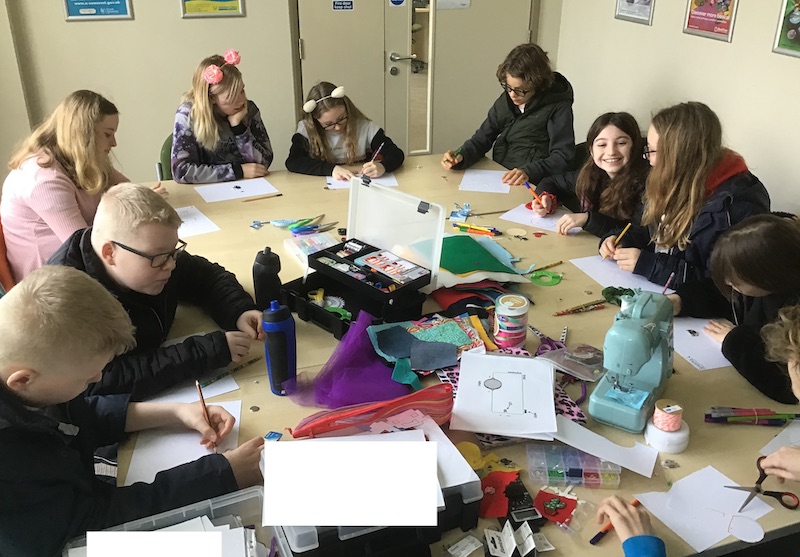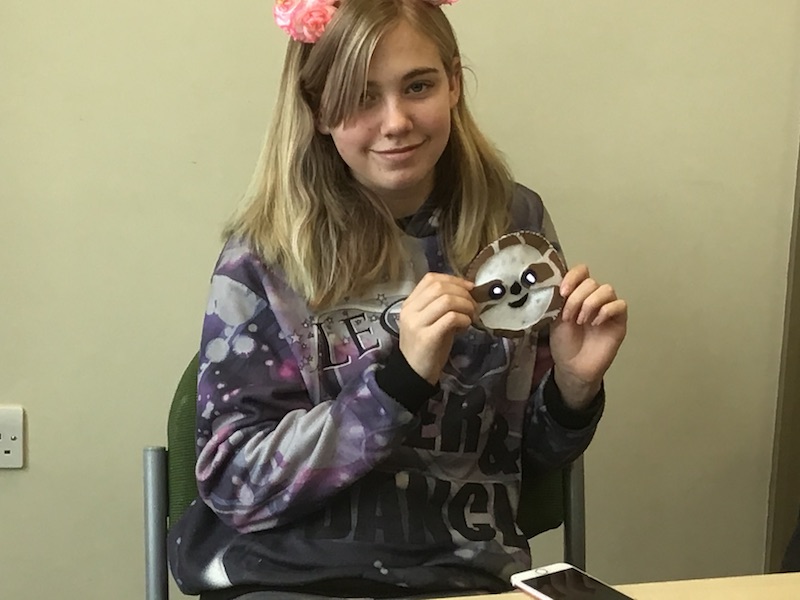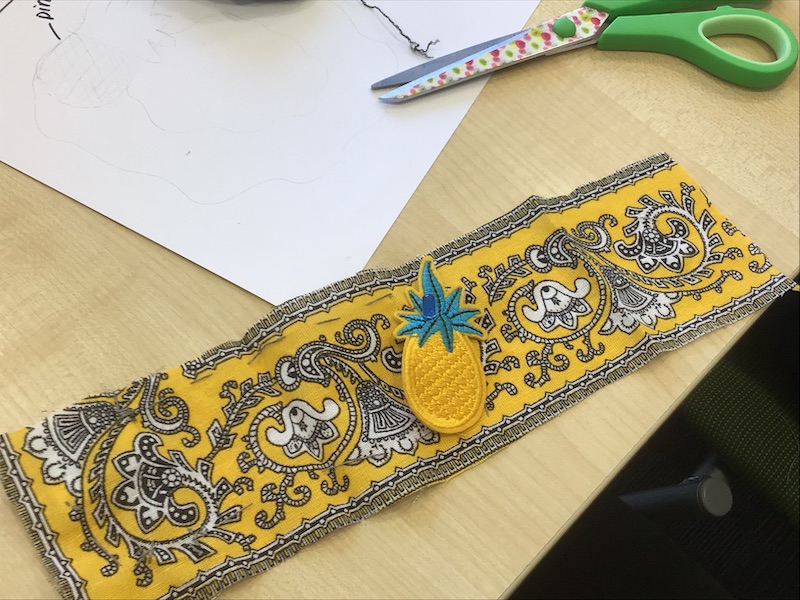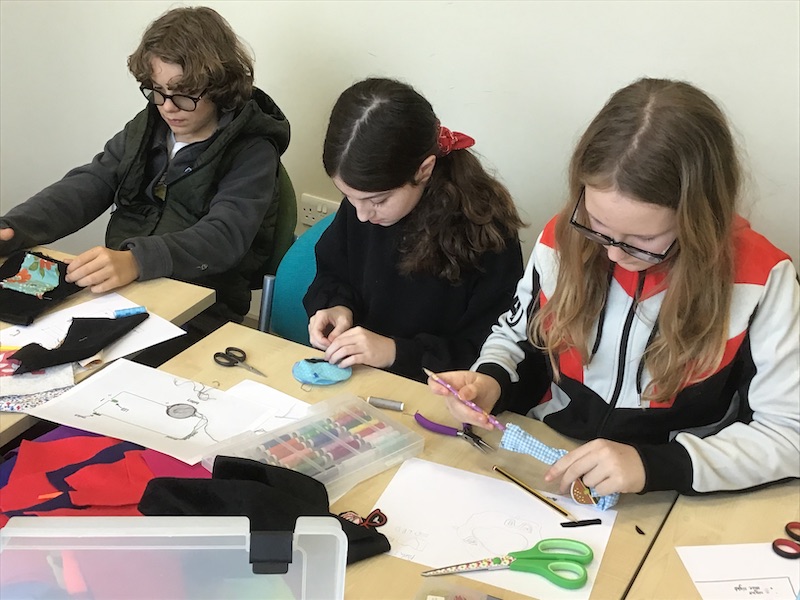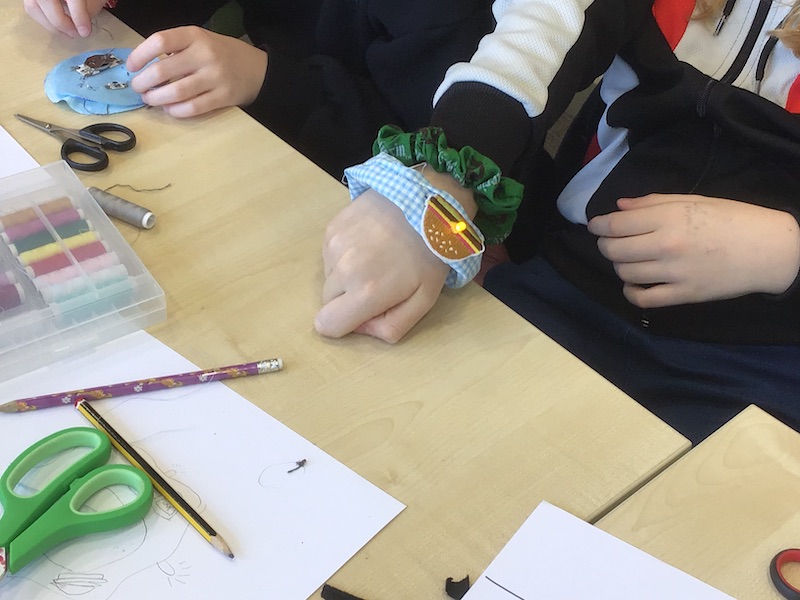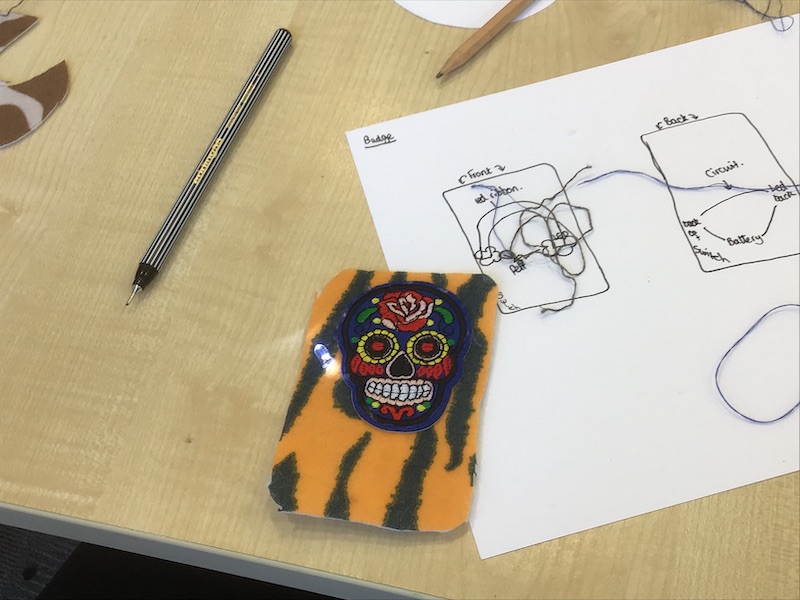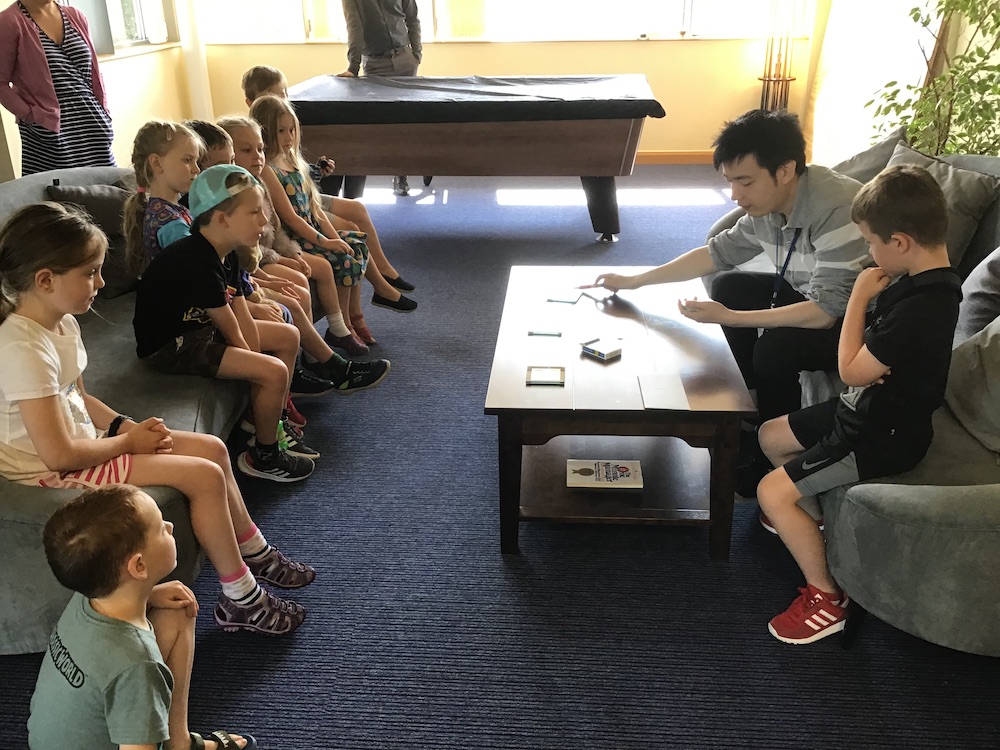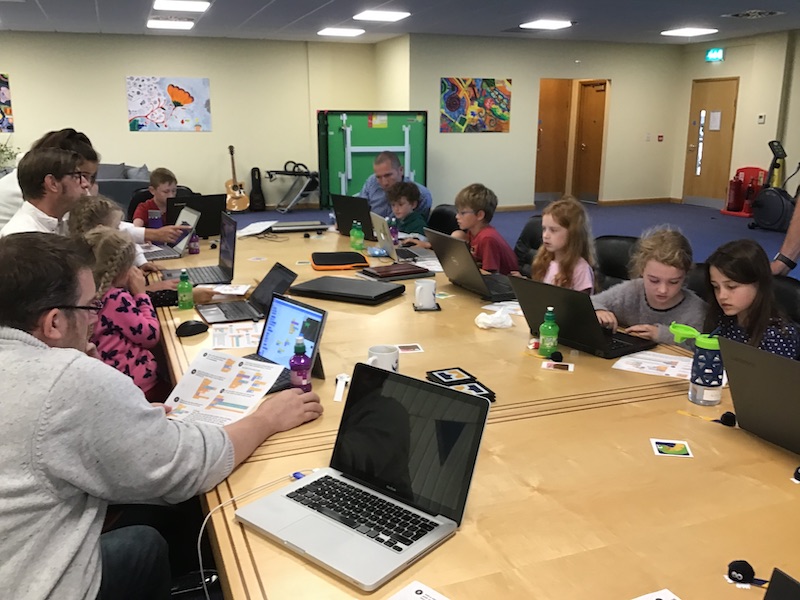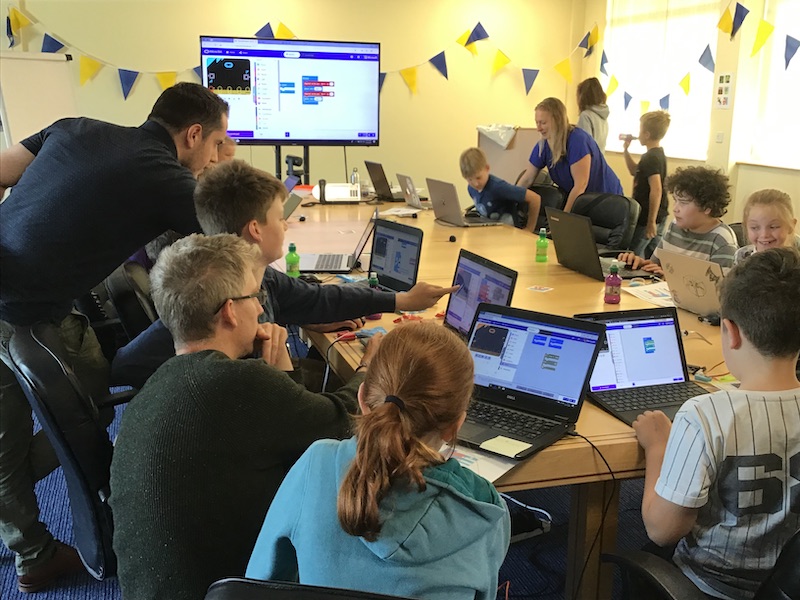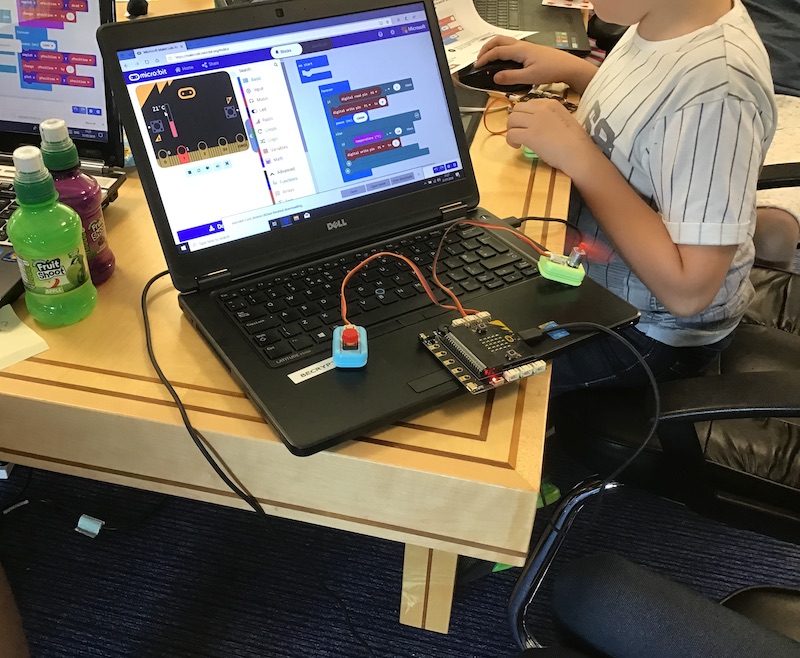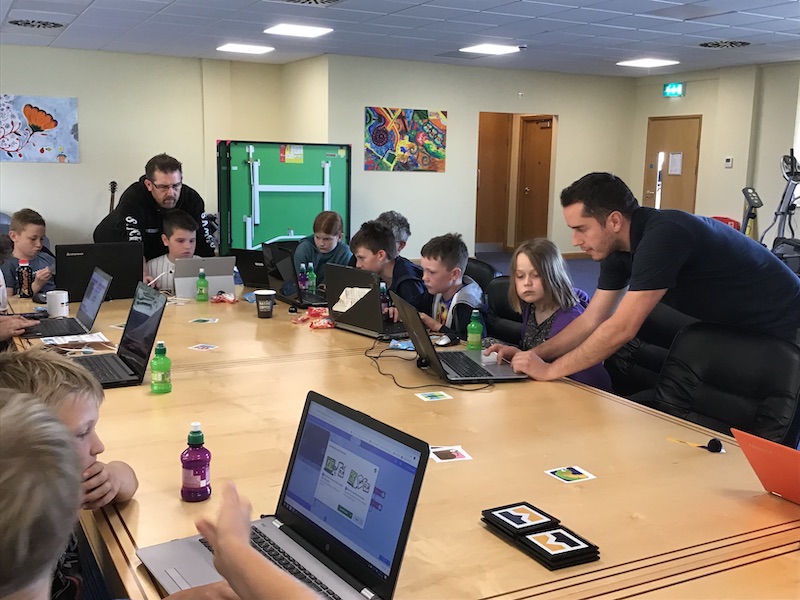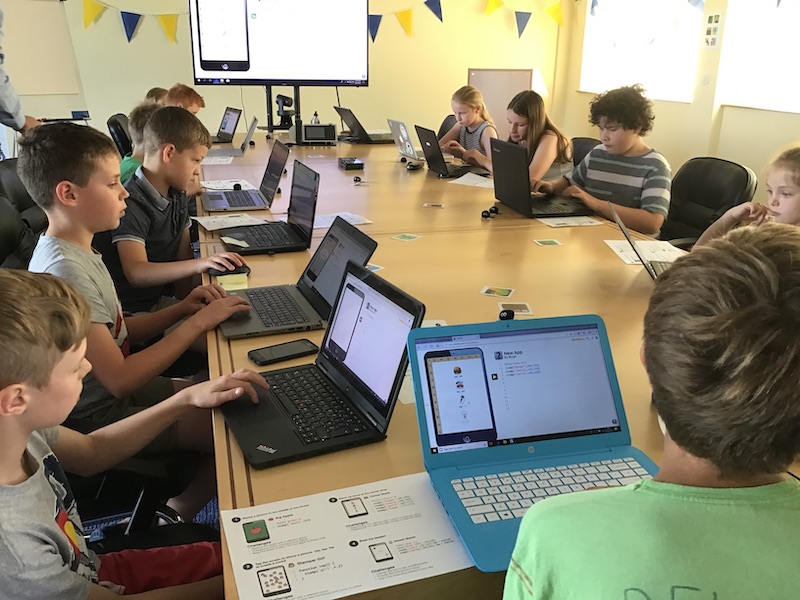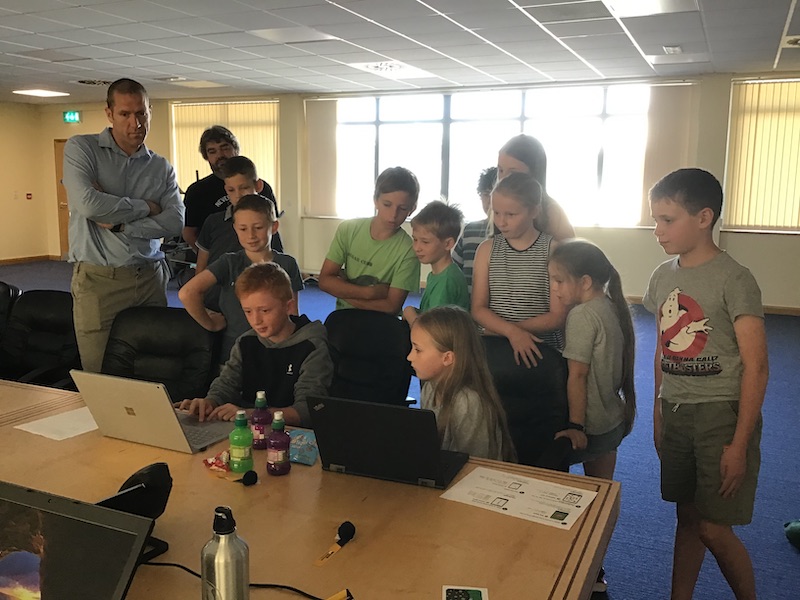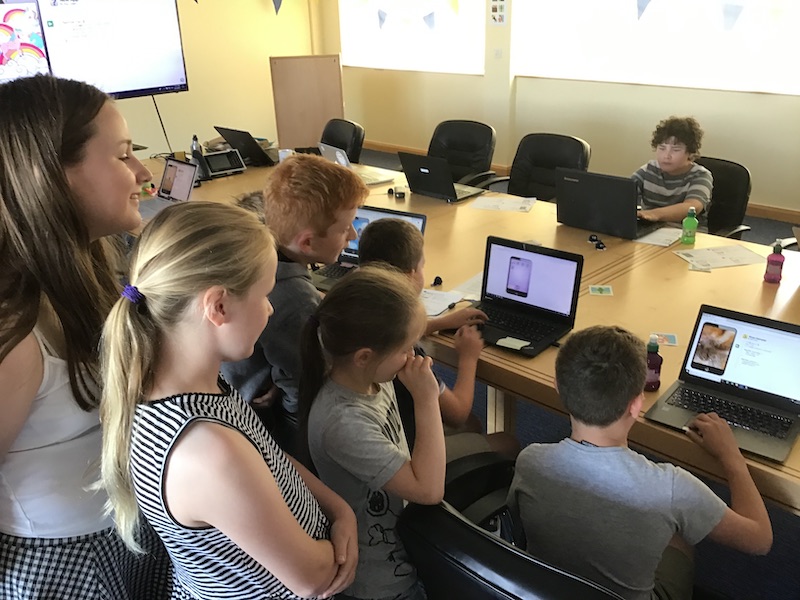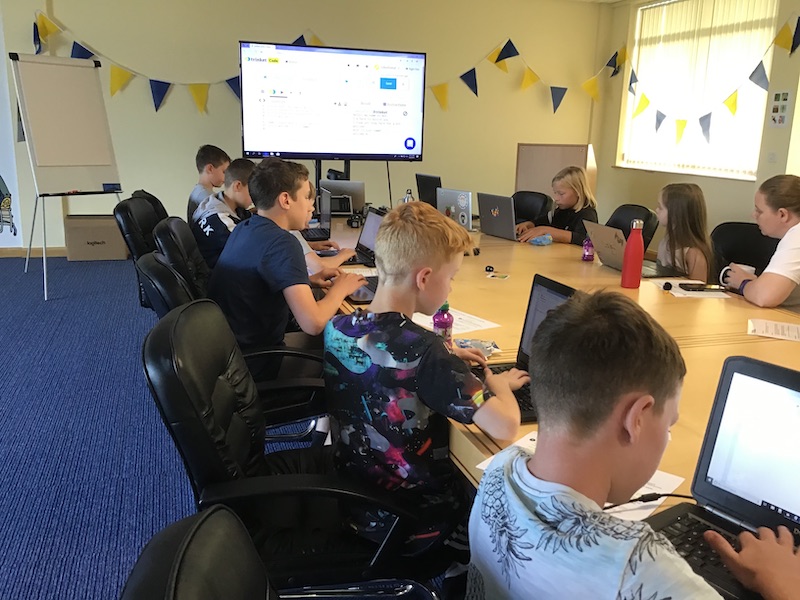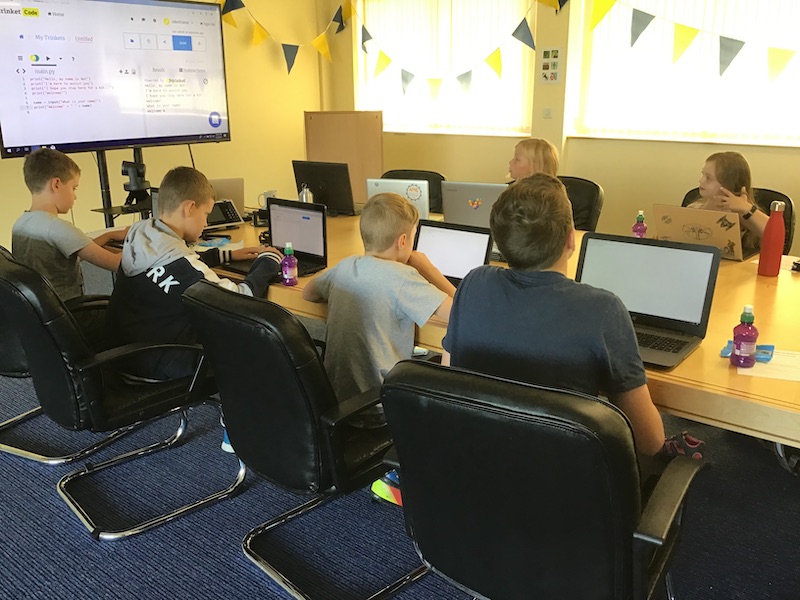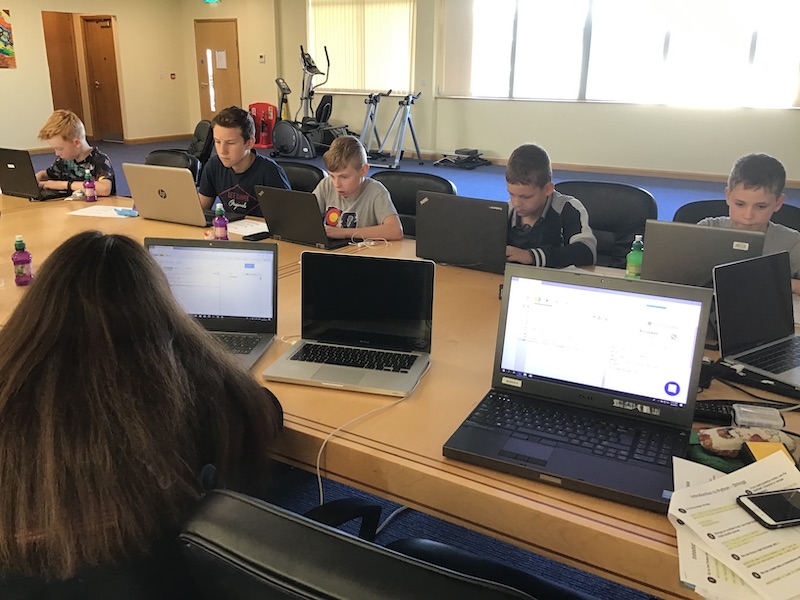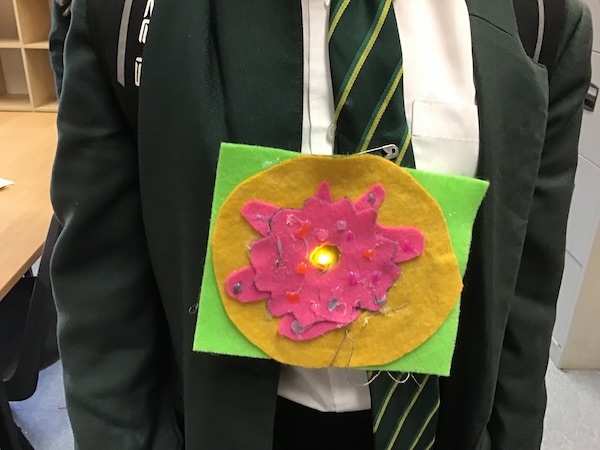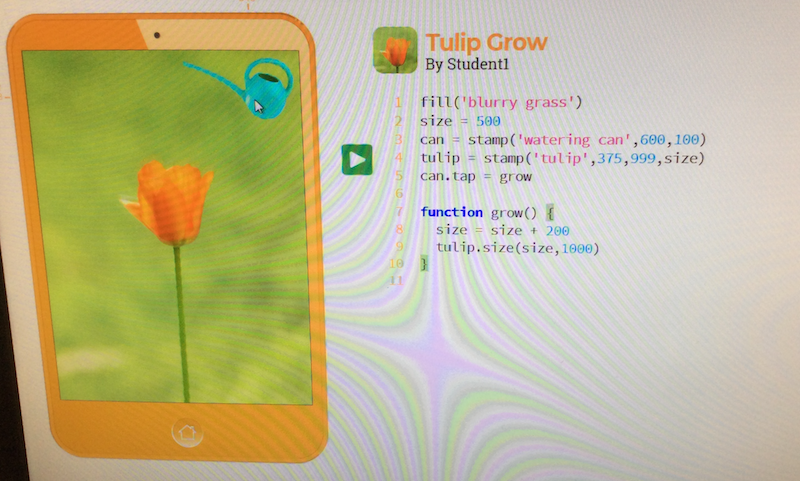Back in early March I was still travelling to schools across North Somerset to deliver after school coding clubs. This is something I have been doing for several years; everything changed almost overnight.
It is right that it has been a national priority for all children and young people to return to full-time education, but unfortunately many schools are unable to safely accommodate additional learning opportunities at the end of the school day. In response, we pivoted very quickly to deliver our coding clubs virtually – and accelerated a change we had in mind to make at some stage anyway.
Technology has never played such an important role in our lives and we all are having to adapt to new hybrid ways of working and learning. The school day now looks very different to previous years – with staggered start and finish times. Moving our coding clubs online has only highlighted the importance of digital literacy and teaching children and young people critical thinking, problem solving and digital citizenship. These vital skills and learning to code are now as important as reading and writing.
Coding is for everyone – not just for boys who love playing games on their mobile devices or consoles. Of course this doesn’t mean that everyone is going to become a computer scientist. It’s more about nurturing the skills they need to understand and navigate the digital world today and tomorrow. We help children to become digital makers – rather than simply consumers of technology.
Our coding clubs are now open for registration to primary school children from Year 3 – 6 and secondary school students in Years 7 – 9. We also provide one-to-one sessions- contact us for more details.
